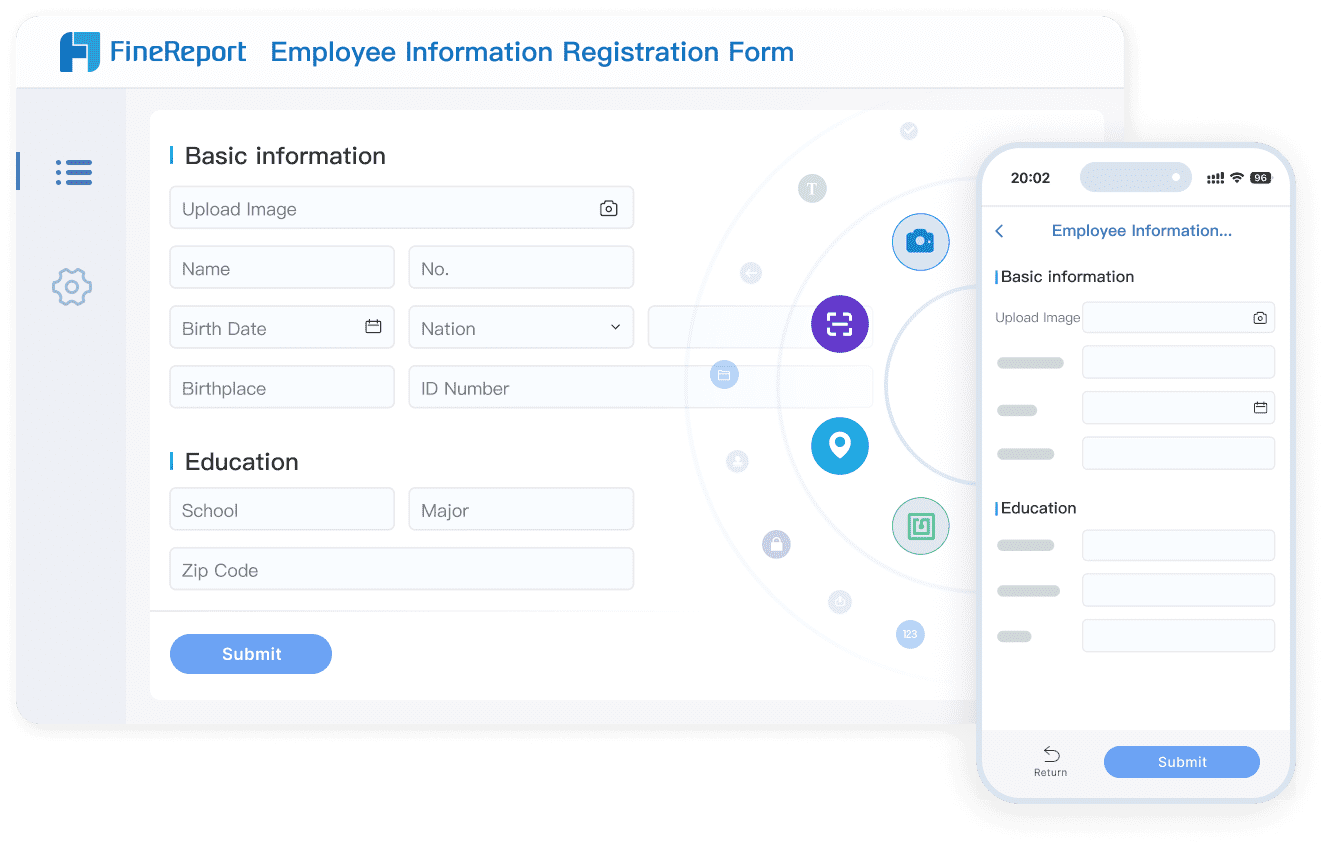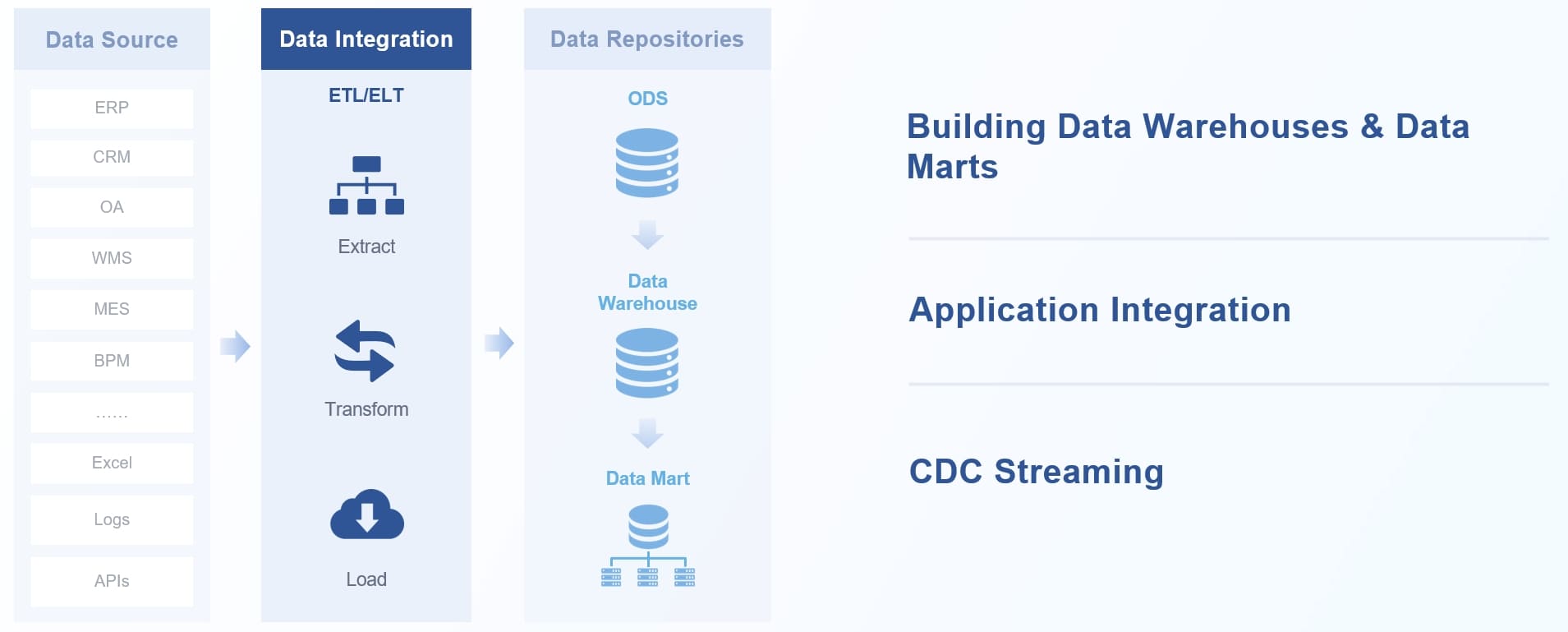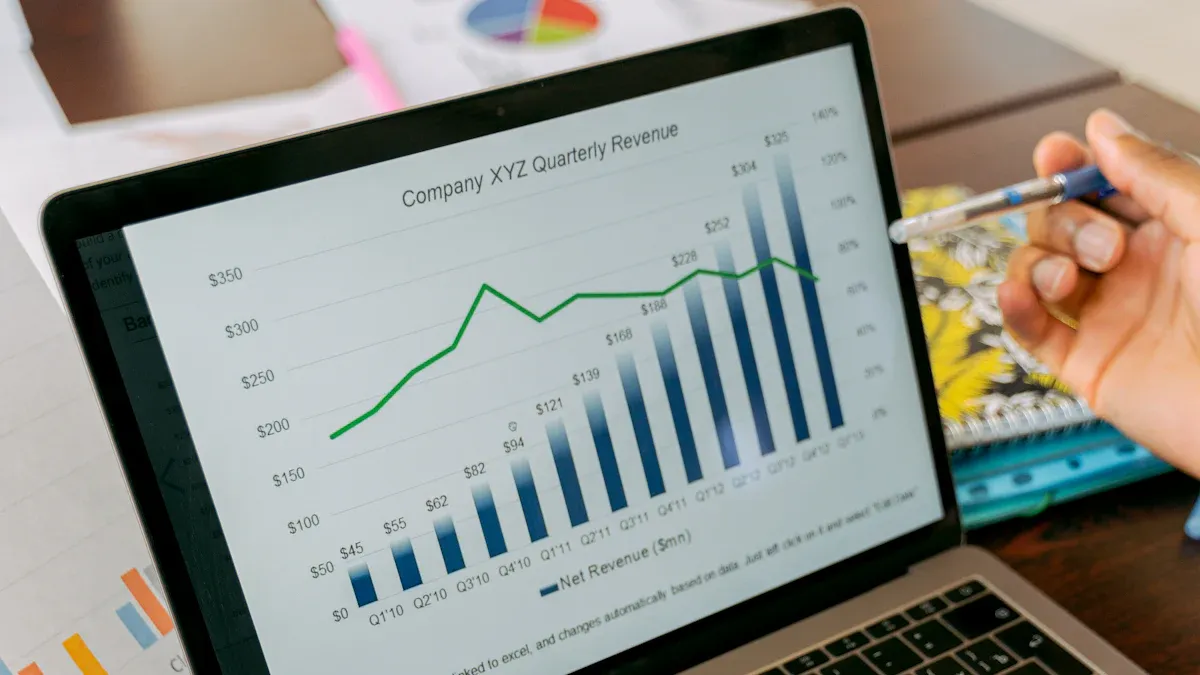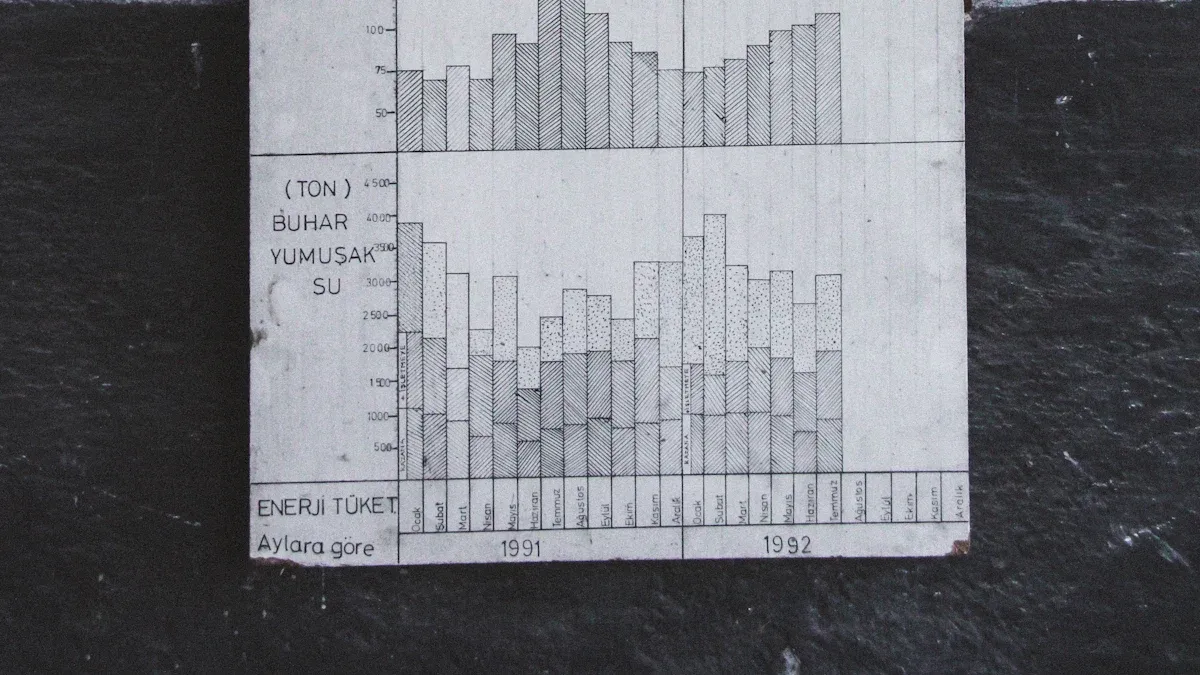Medical report services in Malaysia help you access detailed documentation about your health history and medical evaluations. These reports are essential when you need to file insurance claims, apply for visas, or settle legal disputes. They also allow you to maintain accurate personal health records. In Malaysia, medical reports play a crucial role in ensuring transparency and efficiency in healthcare and legal systems. By understanding their importance, you can better navigate situations requiring official medical documentation.
A medical report is a formal document that provides detailed information about your health status, medical history, and treatments. It serves as a comprehensive record prepared by healthcare professionals to document your medical condition. These reports are essential for ensuring continuity of care, as they allow doctors to make informed decisions about your treatment.
Historically, medical reports in Malaysia have evolved significantly. The transition from handwritten records to electronic medical records (EMRs) has improved efficiency and accuracy. The table below highlights key milestones in the development of medical documentation in Malaysia:
| Historical Context | Description |
|---|---|
| Establishment of HMBP | Built during British colonization, serving as the only asylum in Sabah for mental disorders. |
| Lunatic Ordinance 1951 | Law governing treatment of mental health patients, now superseded. |
| Transformation of HMBP | Shift from a long-term asylum to a psychiatric hospital providing various mental health services. |
| Challenges in Documentation | Issues with completeness and standardization of medical records, including illegible handwriting. |
| Shift to Electronic Medical Records | EMRs improve efficiency and facilitate research, essential for modern clinical services. |
This shift to digital systems ensures that medical reports are more accessible and reliable, benefiting both patients and healthcare providers.
Medical reports are versatile documents used in various scenarios. Here are some of the most common applications:
In Malaysia, the healthcare system emphasizes the importance of comprehensive medical reports. Over 70% of the population relies on this system, which integrates public and private healthcare facilities. This integration ensures efficient healthcare delivery and supports legal and administrative processes.
In Malaysia, medical reports can be issued by a wide range of healthcare professionals and institutions. These include:
The diversity of issuers reflects Malaysia's rich cultural heritage and its commitment to providing holistic healthcare options. Whether you seek treatment from a modern hospital or a traditional practitioner, you can obtain a medical report tailored to your needs.
Insurance-related medical reports are essential when filing claims for health, life, or accident insurance. These reports provide detailed documentation of a patient’s medical condition, treatment history, and prognosis. Insurance companies use this information to assess the validity of claims and determine compensation.
In Malaysia, healthcare providers play a critical role in issuing these reports. Hospitals and clinics ensure that the reports meet the specific requirements of insurance companies. For example, they include details such as diagnosis codes, treatment plans, and medical screening results.
The success rates of insurance claims often depend on the accuracy and completeness of these reports. A study on hypertension awareness and control highlights the importance of detailed documentation in healthcare services:
| Evidence Type | Year | HCC Status | Awareness (%) | Control (%) |
|---|---|---|---|---|
| Hypertension Awareness | 2013 | With HCC | 60.1% | 21.9% |
| Hypertension Awareness | 2018 | With HCC | 77.7% | 20.6% |
| Hypertension Awareness | 2013 | Without HCC | 45.5% | 14.2% |
| Hypertension Awareness | 2018 | Without HCC | 68.2% | 12.2% |
This data underscores the value of accurate medical reports in improving healthcare outcomes and supporting insurance claims. Here is an interactive demo created by FineReport, click to experience it.
Employees Provident Fund (EPF) and Social Security Organization (SOCSO) claims often require specialized medical reports. These reports verify a patient’s eligibility for benefits related to workplace injuries, disabilities, or chronic illnesses.
Healthcare providers in Malaysia issue these reports after conducting thorough medical screenings. The reports typically include details about the patient’s condition, the extent of disability, and the recommended course of treatment. This information helps EPF and SOCSO determine the level of compensation or support required.
For instance, conditions like hypertension and diabetes often influence treatment likelihood and benefit eligibility:
| Condition | Treatment Likelihood | HCC Impact |
|---|---|---|
| Hypertension | 28.7% increase | Positive association |
| Diabetes | Increased likelihood | Positive association |
These insights highlight the importance of comprehensive medical documentation in ensuring fair and timely benefits for employees.
Medical reports are a common requirement for visa applications. Many countries mandate these reports to confirm that applicants meet their health standards. The reports often include results from medical screenings, such as chest X-rays, blood tests, and vaccinations.
In Malaysia, healthcare services streamline this process by offering visa-specific medical screening packages. These packages ensure that applicants receive all necessary tests and documentation in one visit. Hospitals and clinics also adhere to international standards, making the reports acceptable to foreign immigration authorities.
For example, a visa application may require proof of vaccination against infectious diseases or evidence of being free from chronic illnesses. Accurate and timely medical reports help applicants avoid delays and ensure compliance with visa requirements.
These reports not only facilitate visa approvals but also promote global health security by ensuring that travelers meet health standards.
Legal and court-related medical reports play a vital role in resolving disputes and ensuring justice. These reports provide detailed documentation of a patient’s medical condition, treatment history, and prognosis. Courts rely on them to assess claims related to personal injury, medical malpractice, or workplace accidents.
In Malaysia, the significance of these reports is evident in the financial implications of medical error disclosures. The Ministry of Health increased compensation payouts from RM 1.2 million in 2006 to RM 5.6 million in 2010. Between 2005 and 2009, RM 6.6 million was paid out across 113 cases, averaging approximately RM58,000 per case. This data highlights the critical role of accurate medical documentation in legal proceedings.
When applying for legal-related medical reports, you must ensure the report includes essential details such as diagnosis, treatment plans, and the impact of the medical condition on daily life. Hospitals and clinics in Malaysia adhere to strict guidelines to ensure these reports meet legal standards.
Tip: To avoid delays, double-check that your application includes all required documents, such as identification and consent forms.
These reports not only support legal claims but also promote accountability in healthcare practices. By providing transparent and detailed information, they help build trust between patients and healthcare providers.
Maintaining personal medical records ensures continuity of care and improves healthcare outcomes. These records allow healthcare providers to access your medical history, enabling them to make informed decisions about your treatment.
Public clinics in Malaysia excel in maintaining informational continuity. They receive past medical records, ensure completeness, and regularly update them. This efficiency stems from standardized information formats and centralized administration, which reduce barriers in information sharing. Clear guidelines on inter-facility referrals further enhance the flow of information during patient transfers.
The adoption of electronic medical records (EMRs) has transformed healthcare delivery. EMRs improve patient satisfaction and enhance communication between healthcare providers. They also reduce errors by ensuring that medical records are accurate and accessible.
Note: Keeping your medical records organized can save time during consultations and ensure you receive the best possible care.
Personal medical records are not just about tracking your health history. They empower you to take control of your healthcare journey, ensuring that every provider you visit has the information needed to deliver effective treatment.
Obtaining a medical report in Malaysia involves a straightforward process. Follow these steps to ensure a smooth experience:
Tip: Always double-check the facility’s requirements before submitting your request. This ensures you meet all criteria and avoid unnecessary delays.
To apply for a medical report, you need to prepare specific documents. These include:
Note: Some facilities may ask for additional documents depending on the type of report you need. For example, visa-related reports may require proof of your visa application, such as when you apply student visa online.
The cost of obtaining a medical report in Malaysia varies depending on the facility and the type of report. Public hospitals generally charge lower fees compared to private clinics. Payment methods include cash, credit cards, and online transfers.
A study on healthcare services in Malaysia highlights that out-of-pocket payments for medical services, including medical reports, can vary significantly. While the study does not specify exact fees, it emphasizes the importance of understanding these costs beforehand.
Tip: Contact the facility directly to confirm the fees and available payment methods. This helps you plan your budget and avoid surprises.
Some facilities offer packages for specific purposes, such as in-country medical screening for visa applications. These packages often include all necessary tests and documentation, making the process more convenient.
The time it takes to process a medical report in Malaysia depends on the type of report and the issuing facility. On average, you can expect the process to take 2 to 4 weeks. However, some reports, such as those required for urgent legal cases or visa applications, may be expedited for an additional fee.
Here’s a general breakdown of timelines based on the type of report:
Tip: To avoid delays, submit all required documents and ensure your application is complete. Missing information often leads to extended processing times.
If you need the report urgently, contact the issuing facility to inquire about expedited options. Some private clinics and hospitals offer same-day or next-day services for specific types of reports, though these come at a higher cost.
You can apply for a medical report at various healthcare facilities across Malaysia. The choice of facility depends on the type of report you need and your specific requirements. Below are the most common options:
Note: Always verify the facility’s accreditation and ensure it meets the requirements of the organization or authority requesting the report. For example, visa-related reports must comply with international health standards.
By choosing the right facility and preparing your application thoroughly, you can streamline the process and receive your medical report without unnecessary delays.
Delays in processing medical reports are a common issue in Malaysia. High demand at public hospitals often leads to longer waiting times. Missing documents or incomplete applications can also slow down the process. To avoid delays, you should prepare all required documents in advance. Double-check the application form for accuracy before submission.
If you need the report urgently, consider applying at private clinics or hospitals. These facilities often offer expedited services, especially for in-country medical screening. While this option may cost more, it ensures faster processing. Staying proactive and following up with the issuing facility can also help you receive your report on time.
Errors in medical reports can create significant challenges. Missing or incorrect information may lead to claim rejections or visa application delays. A study revealed a sharp increase in reported medication errors over the years:
| Year | Number of Medication Errors Reported |
|---|---|
| 2009 | 2626 |
| 2017 | 20000 |
This data highlights the importance of accuracy in medical documentation. To minimize errors, always provide clear and complete information when submitting your request. If you notice any discrepancies in the report, contact the issuing facility immediately for corrections.
You can follow several strategies to ensure a smooth application process for medical reports:
These steps can help you navigate the process efficiently. For in-country medical screening, choosing a facility that offers comprehensive packages can save time and effort. By staying organized and informed, you can avoid unnecessary complications.
Following up on your medical report application ensures you receive it on time and avoid unnecessary delays. Healthcare facilities in Malaysia often handle a high volume of requests, so staying proactive helps you keep track of your application status.
Note: Following up early prevents last-minute complications, especially for urgent reports like visa applications or legal cases.
By staying organized and proactive, you can ensure your medical report application progresses smoothly and meets your deadlines.
Managing medical data efficiently is critical for improving healthcare services in Malaysia. FineReport simplifies this process by offering a centralized platform for data integration and reporting. Its ability to connect with multiple data sources ensures that healthcare providers can access accurate and up-to-date information. This feature reduces the time spent on manual data entry and minimizes errors.

FineReport’s drag-and-drop interface allows you to create detailed reports quickly. You can customize these reports to meet specific requirements, such as patient summaries or treatment histories. The software also supports automated scheduling, ensuring that reports are generated and distributed on time. This functionality is especially useful for recurring tasks like monthly performance reviews or compliance reporting.
By streamlining data management, FineReport helps healthcare facilities focus on delivering better patient care. It eliminates inefficiencies, enabling you to allocate resources more effectively.
Data integration is a common challenge in healthcare systems. FineReport, combined with FineDataLink, addresses this issue by synchronizing data across various platforms. This capability ensures that healthcare providers can access a unified view of patient information.

These features allow you to consolidate data from multiple sources, such as electronic medical records and laboratory systems. With minimal latency, FineDataLink ensures that updates are reflected instantly, making it suitable for real-time reporting needs. This level of integration empowers healthcare providers to make informed decisions quickly.
Real-time reporting is vital for maintaining accurate medical records. FineReport excels in this area by offering tools that automate data collection and report generation. You can use its scheduling feature to automate routine tasks, such as generating daily patient admission reports.
These features are particularly beneficial for large healthcare facilities that handle high volumes of data. Real-time reporting allows you to monitor key metrics, such as patient wait times or treatment outcomes, and respond promptly to any issues. Automation further enhances efficiency by eliminating repetitive tasks, allowing staff to focus on more critical responsibilities.
FineReport’s robust capabilities make it an invaluable tool for modern healthcare management. By leveraging its features, you can improve data accuracy, streamline operations, and enhance patient care.
Understanding medical report services in Malaysia is essential for navigating healthcare, legal, and administrative processes. Proper preparation ensures you avoid delays and errors, especially when time is limited. Many healthcare providers face challenges like high patient loads and competing responsibilities, which can impact service efficiency. For example:
By staying informed and proactive, you can streamline your application and secure the documentation you need.
Click the banner below to try FineReport for free and empower your enterprise to transform data into productivity!

The Author
Lewis
Senior Data Analyst at FanRuan
Related Articles

Top 10 Best Automation Reporting Tool Picks for Businesses
Compare the top 10 best automation reporting tool options to streamline business data, automate reports, and boost decision-making efficiency.
Lewis
Jan 03, 2026

Top 10 Reporting Systems and Tools for Businesses
See the top 10 reporting systems that help businesses automate data, build dashboards, and improve decision-making with real-time analytics.
Lewis
Jan 03, 2026

What is integrated reporting and why is it important
Integrated reporting combines financial and non-financial data, offering a full view of value creation, transparency, and stakeholder trust.
Lewis
Dec 12, 2025